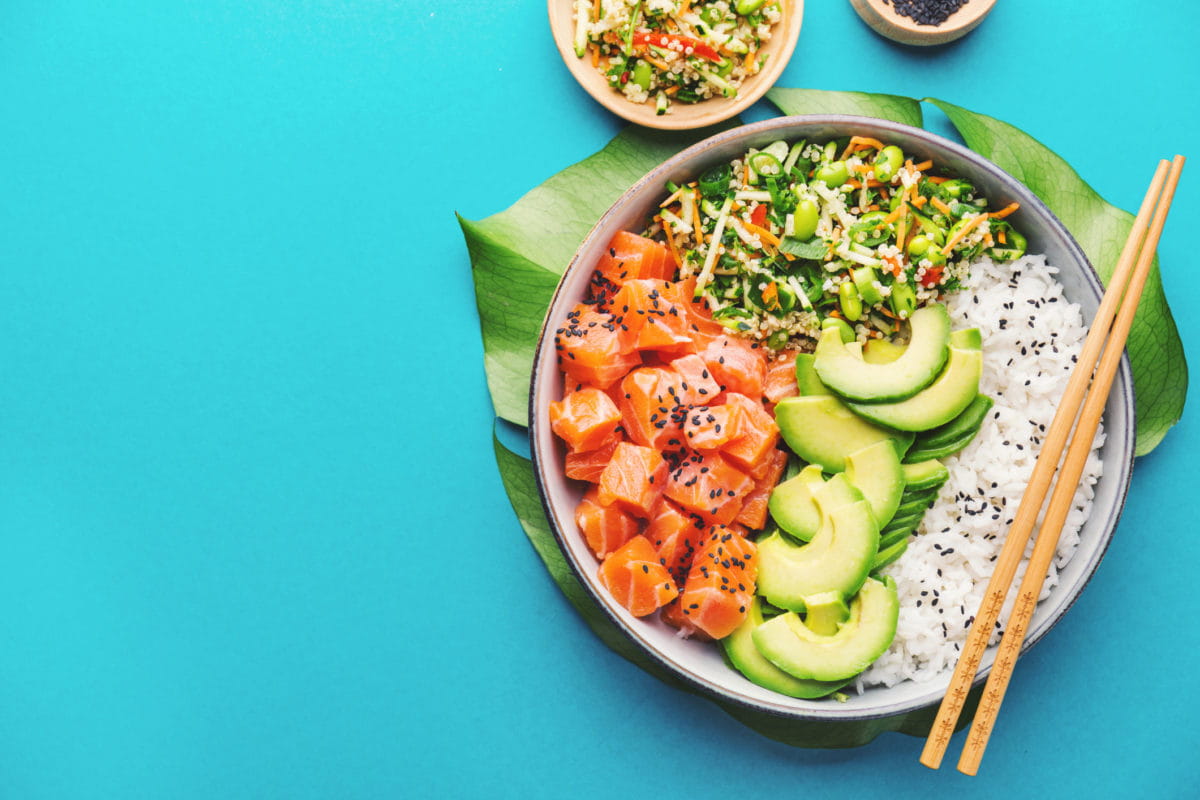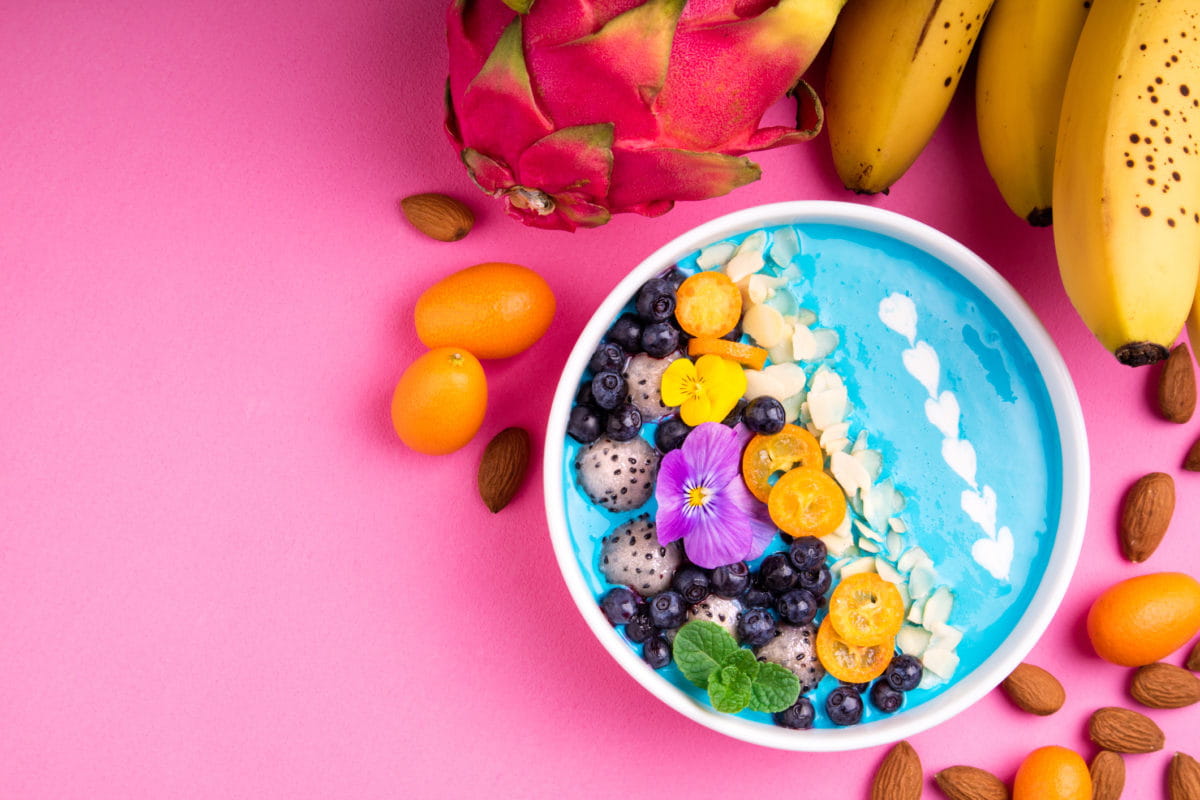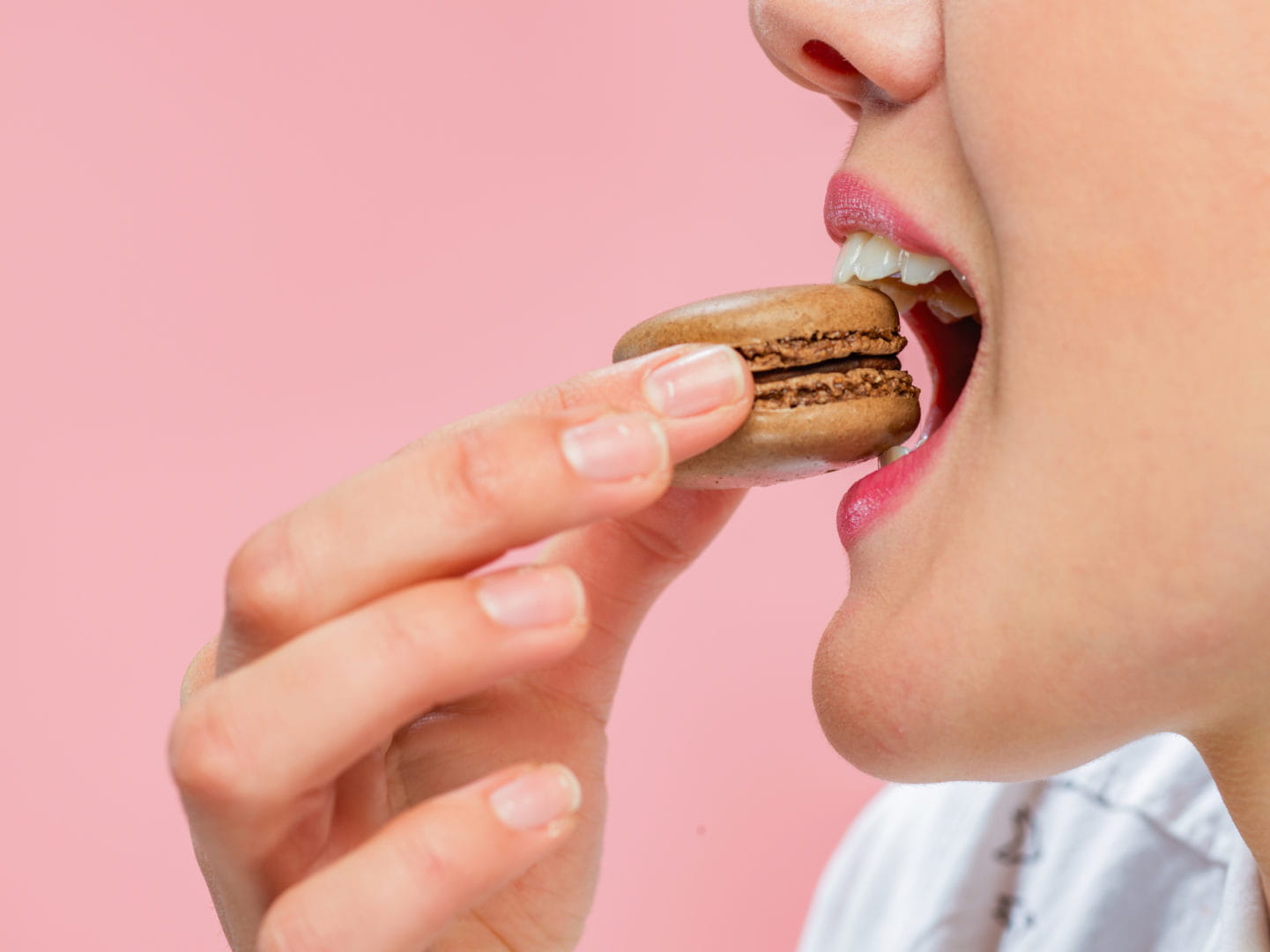10 Factors Influencing Taste Perception
March 4, 2022
Click Here for the full report!
By: Katie Buss, Director of Sensory, and Ashley Rakow, Senior Sensory Scientist

The status of your health and a variety of health conditions from the common cold to pregnancy, anorexia and more can also impact your taste. During pregnancy, nearly two-thirds of women experience changes in taste. Pregnant women have also been found to have a reduced sensitivity to salty tastes, which may be the body’s way of ensuring increased salt intake during pregnancy.
In addition, people with cancer and anorexia have reduced taste sensitivity as the result of their compromised physical condition. Cancer patients have reported that taste changes return to normal after treatment is completed.
When suffering from a cold, individuals frequently complain that they have lost their sense of taste. In reality, they have lost their sense of smell. Obstruction of air passages reduces olfactory perception, a key component of how we taste.
In fact, our nose does more identifying of flavor than our mouth does. Research shows that around 80% of what we taste actually comes from smell.
Similarly, we’ve seen this correlation to smell and taste with those who have suffered from COVID-19. Many patients have suffered from loss of both taste and smell which will in turn negatively impact their ability to perceive the flavor of the foods and beverages they consume. Although research does not yet fully understand the long-term impacts, COVID-19 patients have reported taste/smell loss for varying lengths of time.
Let FONA’s flavor and product development experts help you find the solution that works best for your product. From concept to manufacturing, we’re here every step of the way. Reach out for more information
Katie Buss, Director of Sensory
kbuss@fona.com
331-276-9205
Ashley Rakow, Senior Sensory Scientist
arakow@fona.com
630-313-0983
Click here for the full report!
What does true partnership look like? You deserve a flavor partner ready to turn these trends into the tangible.
Let FONA’s market insight and research experts get to work for you. Translate these trends into bold new ideas for your brand. Increase market share and get to your “what’s next.” Our technical flavor and product development experts are also at your service to help meet the labeling and flavor profile needs for your products to capitalize on this consumer trend. Let’s mesh the complexities of flavor with your brand development, technical requirements and regulatory needs to deliver a complete taste solution.
From concept to manufacturing, we’re here for you — every step of the way. Contact our sales service department at 630.578.8600 to request a flavor sample or contact us at www.fona.com/contact-fona/
Sources in full report
By: Katie Buss, Director of Sensory, and Ashley Rakow, Senior Sensory Scientist
Do you ever wonder why your food tastes different some days than others?
From an individual’s age to the temperature of the food or drink, there are many factors that can alter taste perception. Considering these variables is a crucial step for food & beverage industry professionals when evaluating and developing new products as it helps to ensure accurate sensory and benchtop tasting results.

There’s more to taste than meets the tongue — Let’s take a look:
1. Age
As you age, taste discrimination tends to decrease. Around age 45, taste buds begin to degenerate, and in your late 50s, taste loss becomes apparent, with sour perception less affected than the other tastes. In fact, in the elderly, taste thresholds for sweet, salt and bitter are 2.5 times higher than in younger consumers. To put in perspective, at age 20 or 30, you might only need one teaspoon of sugar in your coffee, and at age 75 you may need three teaspoons of sugar to get the same perceived sweetness.2. Hunger
Whether you’re overly hungry or satiated, your preference and discrimination abilities are often compromised. Hunger affects how food tastes by making consumers more sensitive to sweetness and saltiness, meaning those foods and beverages will often taste more impactful. This can be a downfall of many dieters as they reach for sweet or salty foods which may not be the healthiest options. Bitterness perception, however, is not affected by hunger.3. Meal Timing & Choice
Meal timing and choice also plays a role in taste perception. Depending on the meal, sensitivity is reduced for between one and four hours after eating or drinking. For example, A spicy/hot meal such as enchiladas will have a greater effect than a bland meal such as oatmeal and milk.4. Smoking
Smoking can damage nerve endings responsible for our sense of smell and taste. When smoking, taste buds come in contact with chemical compounds that decrease the taste buds’ ability to register salty, sweet, sour and bitter tastes. But in as few as 2 days after quitting, these nerves begin to heal and a person may experience that their sense of smell and taste is stronger than before.
When we’re tasting, we’re really using all of our senses. Though you may think you’re just engaging taste -- smell, mouthfeel, texture, hearing and more impact our ability to accurately describe the flavors and tastes a consumer is experiencing.
5. Taste Experiences/Upbringing
Consumer taste experiences that are influenced by genetics, location, cultural differences, commonly consumed flavors, dishes and more can impact taste perception. Due to this, you may be more sensitive to certain tastes and flavors than another individual.
Some consumers taste certain flavors, food and beverage much more strongly than others. These ‘supertasters’ generally have a different genetic makeup with more tastebuds and receptors than the average person. This makes them often more sensitive to bitter flavors specifically.

6. Current Health Status
The status of your health and a variety of health conditions from the common cold to pregnancy, anorexia and more can also impact your taste. During pregnancy, nearly two-thirds of women experience changes in taste. Pregnant women have also been found to have a reduced sensitivity to salty tastes, which may be the body’s way of ensuring increased salt intake during pregnancy.
In addition, people with cancer and anorexia have reduced taste sensitivity as the result of their compromised physical condition. Cancer patients have reported that taste changes return to normal after treatment is completed.
7. COVID-19
When suffering from a cold, individuals frequently complain that they have lost their sense of taste. In reality, they have lost their sense of smell. Obstruction of air passages reduces olfactory perception, a key component of how we taste.
In fact, our nose does more identifying of flavor than our mouth does. Research shows that around 80% of what we taste actually comes from smell.
Similarly, we’ve seen this correlation to smell and taste with those who have suffered from COVID-19. Many patients have suffered from loss of both taste and smell which will in turn negatively impact their ability to perceive the flavor of the foods and beverages they consume. Although research does not yet fully understand the long-term impacts, COVID-19 patients have reported taste/smell loss for varying lengths of time.
Interestingly enough, our nose does more identifying of flavor than our mouth does. Research shows that around 80% of what we taste actually comes from smell.
8. Temperature
Taste buds can be impacted by both high and low temperatures. Increasing temperature appears to increase the response to sweetness and decrease it to saltiness and bitterness. Decreasing temperature appears to increase the response to bitterness and decrease the response to sourness.9. Adaptation
Adapting to taste reduces sensory acuity, or how sensitive a person is to a certain taste, thus preventing you from detecting differences between stimuli. Therefore, the order in which you taste samples during a sensory test is important. Tasting a strong sample, then a weak one results in adaptation. The opposite order, first weak then strong, should not affect taste sensitivity. With short waits between samples (three minutes or so), most effects of adaptation should dissipate. There are almost no issues when two stimuli have different taste qualities.10. Taste Medium
The medium in which you are tasting plays a role in how you taste. In fact, the taste buds can only detect flavors that are dissolved with moisture. You cannot taste a dry substance with a dry tongue. And generally, increased viscosity reduces tastes sensitivity, meaning it’s easiest to detect tastes in liquid state, harder in foams and more difficult in gels. This explains why water is the best medium for sensitivity tests.A Few Tasting Tips…
- Avoid wearing cologne or perfume prior to tasting
- Avoid consuming food/beverage 30 minutes prior to tasting
- Avoid tasting if you’re sick
- Cleanse your palate between samples
- Be Present! Avoid distractions such as cell phones and be conscious of others tasting
- Give specific feedback! There are no wrong answers.
Expertise You Can Trust
Let FONA’s flavor and product development experts help you find the solution that works best for your product. From concept to manufacturing, we’re here every step of the way. Reach out for more information
Katie Buss, Director of Sensory
kbuss@fona.com
331-276-9205
Ashley Rakow, Senior Sensory Scientist
arakow@fona.com
630-313-0983
Click here for the full report!
Order your free flavor sample here.
You deserve more. Let’s get started.
What does true partnership look like? You deserve a flavor partner ready to turn these trends into the tangible.
Let FONA’s market insight and research experts get to work for you. Translate these trends into bold new ideas for your brand. Increase market share and get to your “what’s next.” Our technical flavor and product development experts are also at your service to help meet the labeling and flavor profile needs for your products to capitalize on this consumer trend. Let’s mesh the complexities of flavor with your brand development, technical requirements and regulatory needs to deliver a complete taste solution.
From concept to manufacturing, we’re here for you — every step of the way. Contact our sales service department at 630.578.8600 to request a flavor sample or contact us at www.fona.com/contact-fona/
Sources in full report




